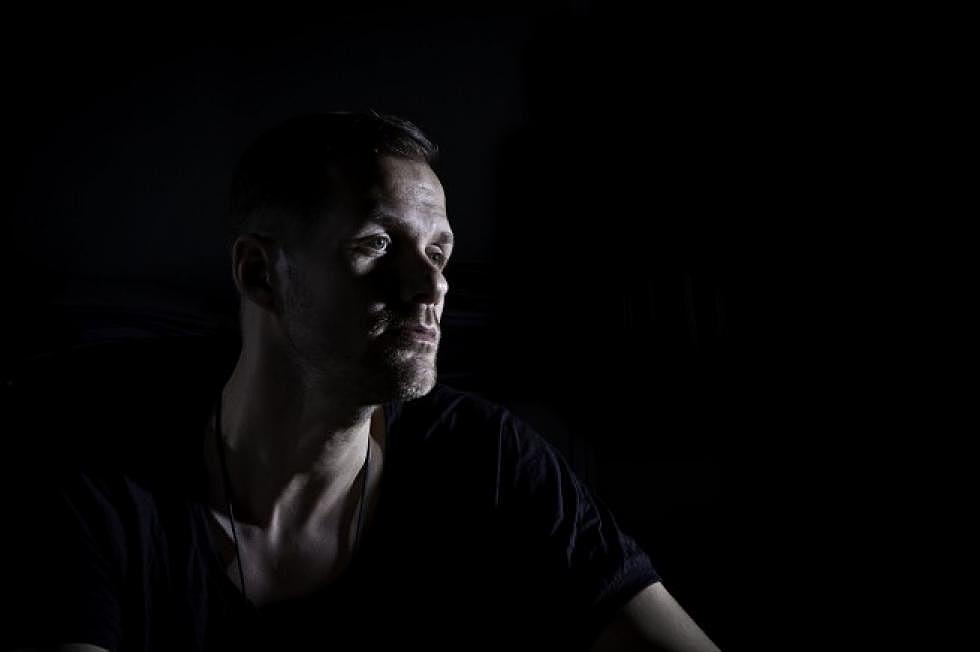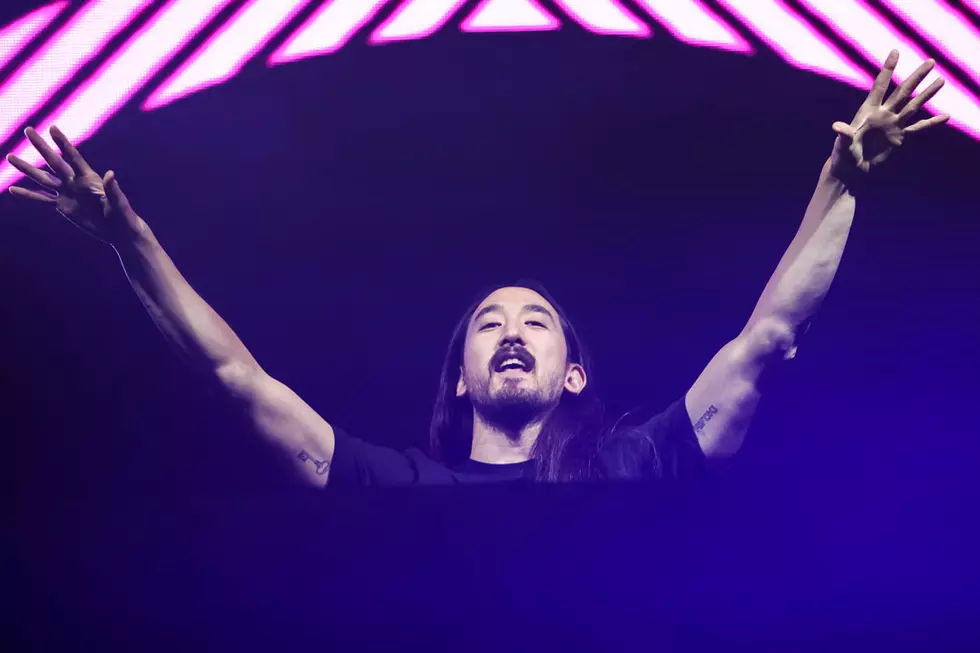
elektro exclusive interview with Adam Beyer
Swedish DJ and producer Adam Beyer knows a thing or two about techno. Having come up in the scene alongside artists such as Jesper Dahlback, Cari Lekebusch, and Joel Mull, Beyer is credited as being one of the pioneers behind the Swedish techno movement and a persevering champion of clean, dark beats and percussive technique. His most notable label project is the internationally acclaimed Drumcode Records, which has played home to inspiring and innovative artists like Alan Fitzpatrick, Joseph Capriati, Nicole Moudaber, and Marco Carola. The legend sat down with Elektro in Miami after his performance at Ultra Music Festival to share a little bit about his beginnings in music, his thoughts on Europe’s scene, and what it takes to succeed in music industry.
How did this career path find you?
Adam: I started to DJ when I was really young; I was listening to Swedish radio and there was a radio DJ back in the late ‘80s. He was manipulating the music a lot—scratching, mixing—and that was quite rare in the late ‘80s. Not a lot of people did that. So I became a DJ listening to him and playing youth clubs, etc. Later on, I met some people, one of whom is now a best friend and also an artist currently releasing on my label. He introduced me to another guy, who had a sampler. Now, this was quite unheard of in ’93, so we started to play around with one piece of equipment after another. We experimented with them after school, on weekends, and we bought piece after piece until we finally had a studio. Basically, we learned the equipment from scratch. There were no computers back then; I used to take whatever record I was into, taking the sliders on the vinyl, recording one bit, putting it back…just to get a scratching effect. That’s the only thing we had.
Do you miss the art of producing music in such a hands on way?
Adam: I think progress is good. I cherish the memories but I don’t wish it still that way. It was horrible, honestly. Yes, it was very exciting, because you were so in to it—you wanted it to be something and you were dreaming and pushing it forward, but I think we should always embrace technology and go forward. Now, its amazing what any kid has the possibility of doing. It’s only up to your imagination now.
Long sets. How do you survive?
Adam: It really depends. People get up in the morning and go to work eight, ten, twelve hours a day. It’s no different. Just because you’re standing there and you’re an artist and you play music…I know people who sweep floors for fourteen hours every day. It’s not that different. Obviously, you have to know your music and be prepared, and sometimes you’re exhausted, especially if you’ve been doing four or five or ten gigs in a row, you come to the next party and you’re supposed to play eight hours…but I’ve learned to dispose my energy. If I know I’m going to do a long set, I make sure I get enough sleep. It’s about discipline and knowing how to be able to go through the travelling, the playing music day in and day out, being in that setting…it all requires discipline.
Having been involved in the scene overseas for so long, what do you think is the next step for Europe?
Adam: I think its going to continue; its such a big, old culture now—its been going on for twenty years. Germany, Ibiza, England…we’ve had rave culture since the early ‘90s. People really know their music and there are a lot of good parties, but that excitement is not there as much in some places. They’re been hearing me for fifteen years, you can feel it. You have to prove yourself in a different way because they want something less obvious. Here you can come and really do what you do and people are really appreciating it without being cynical. I still love Europe though, don’t get me wrong.
You’ve been a tour-de-force in the world of techno for over a decade. How has the ride been so far?
Adam: It’s been a long journey for me. I’ve been around for a while; its been a slow and natural progress from being a super underground techno artist, to, step by step, slowly becoming slightly bigger, or whatever you want to call it. I don’t know the exact definition of how it happened, but I do think that if you do underground music and you choose that road, you have a long journey ahead. Its probably been a more pleasant one, though, than if I’d become big really fast through commercial music.
More From Elektro Daily









